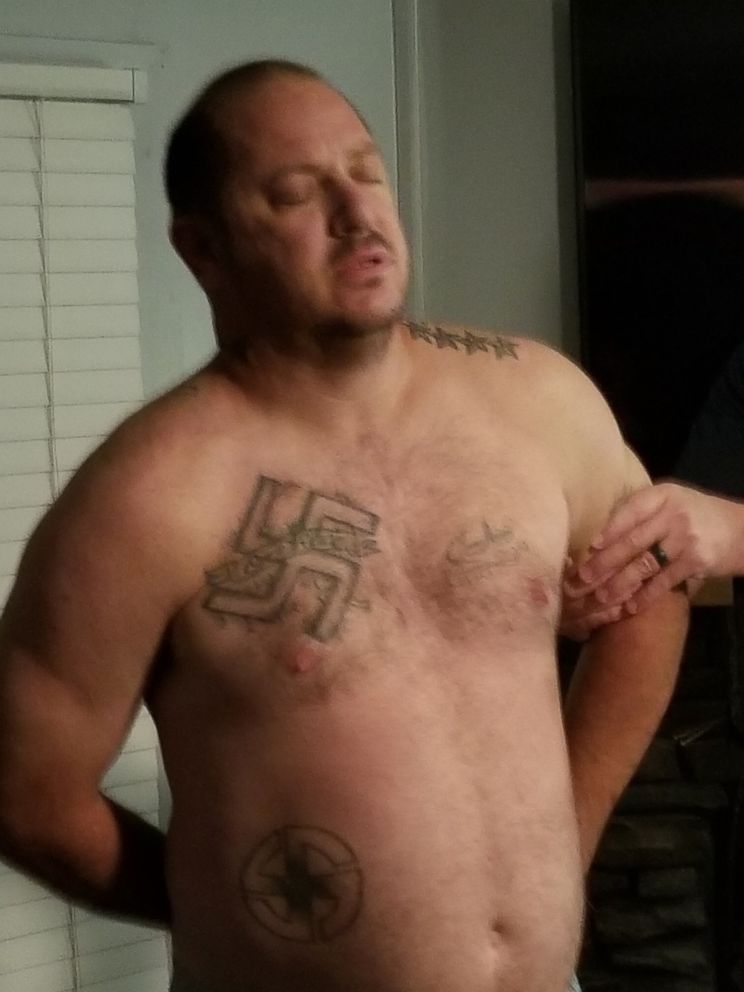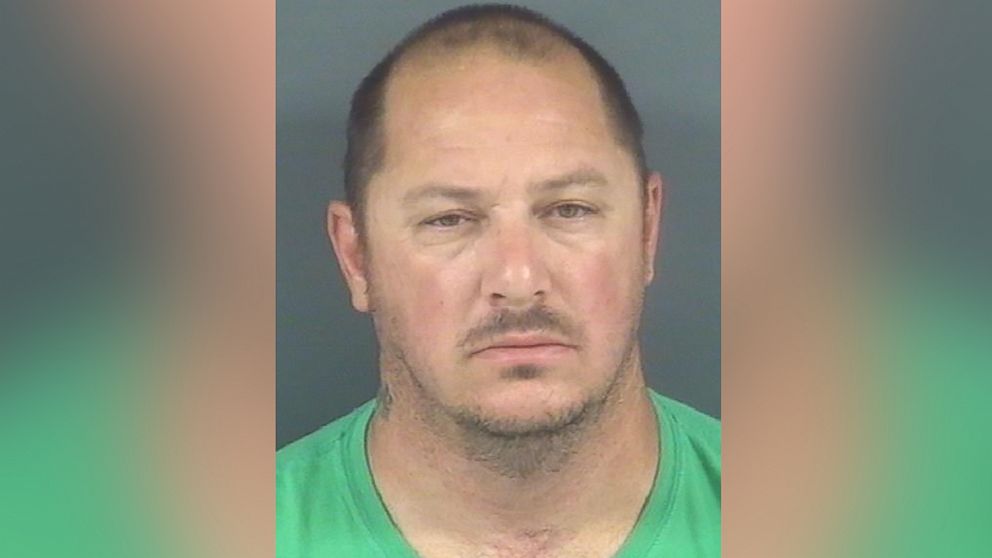Man arrested for 6 cold case rapes through same type of testing that caught 'Golden State Killer' suspect
A North Carolina man has been arrested for a string of rapes committed a decade ago, police said, after he was tracked down through the same technology used to catch the suspected "Golden State Killer."
Darold Wayne Bowden, 43, was charged in connection with six cold case rapes perpetrated from March 2006 to January 2008 along the Ramsey Street corridor area of Fayetteville, according to a Wednesday statement from the Fayetteville Police Department.
Charges against Bowden include: first-degree forcible rape; first-degree forcible sex offense; first-degree statutory rape; indecent liberties with a child; and first-degree kidnapping.

Bowden, of Linden, North Carolina, was arrested at his home Wednesday and taken to the Cumberland County Detention Center where he remains on $18.8 million bond, police said Wednesday.
He has not entered a plea. His first court appearance is set for Thursday, said Sgt. Shawn Strepay of the Fayetteville Police.

Bowden was found through Parabon NanoLabs' genetic genealogy testing -- the same type of technology used to arrest the suspected "Golden State Killer" in April, police said -- though Strepay declined to comment further on how Bowden was identified.
Multiple arrests have been made throughout the country this year through this technology, in which investigators can cast a wide net, searching distant relatives of an unknown suspect by analyzing the DNA submitted voluntarily to a genetic genealogy database, according to CeCe Moore, chief genetic genealogist with Parabon NanoLabs.
This allows police to create a much larger family tree than using law enforcement databases like CODIS, in which an exact match is needed in most states, Moore said.
Genetic genealogy "is a major game-changer" for cold cases, Moore told ABC News earlier this year, "because in a genetic genealogy database we can reverse engineer the [suspect's family] tree from their distant cousins who have tested."
"So it doesn't matter that they haven't had their DNA tested through another arrest or crime scene, we don't need their DNA," she said. "We need somebody from their family to have tested in order to resolve these cases."



